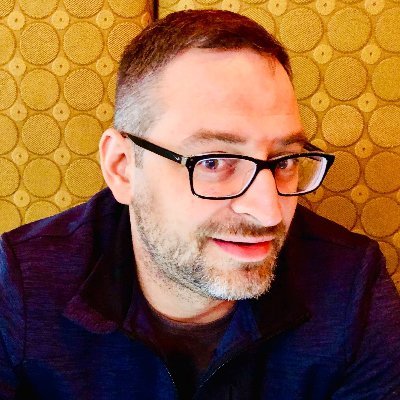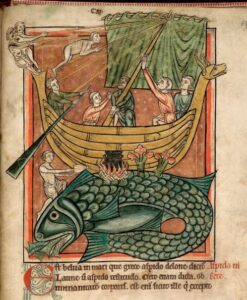CONVENTICULUM DICKINSONIENSE
July 16-21, 2023
The Conventiculum Dickinsoniense is an immersion seminar designed for those who want to acquire some ability at ex-tempore expression in Latin. A wide range of people can benefit from the seminar: professors in universities, teachers in secondary schools, graduate students, undergraduates, and other lovers of Latin, provided that anyone who considers applying has a solid understanding of the grammatical essentials of the Latin language. A minimum requirement for participation is knowledge of Latin grammar and the ability to read a Latin text of average complexity – even if this reading ability depends on frequent use of a dictionary. But no previous experience in speaking Latin is necessary. Sessions will be aimed at helping participants to increase their ability to use Latin effectively in spoken discourse and to understand others speaking in Latin. After the first evening reception (in which any language may be spoken), Latin will be the language used throughout the seminar. Participants will be involved in intensive activity each day from morning until early evening (with breaks for lunch and mid-afternoon pauses). They will experience Latin conversations on topics ranging from themes in literature and art all the way to the routines and activities of daily life, and will enjoy the benefits of reading and discussing texts in the target language. Activities will involve both written and spoken discourse, both of which engage the active faculties of expression, and each of which is complementary to the other. The seminar will not merely illustrate how active Latin can be a useful tool for teachers, it will show how developing an active facility in Latin can directly and personally benefit any cultivator of Latin who wishes to acquire a more instinctive command of the language and a more intimate relationship with Latin writings.
Moderators:
Prof. Milena Minkova, University of Kentucky
Prof. Terence Tunberg, University of Kentucky
We can accept a maximum number of 35 participants. Deadline for applications is June 1, 2023. The participation fee for each participant will $400. The fee includes lodging in a single room in campus housing (and please note that lodging will be in a student residence near the site of the sessions), two meals (breakfast and lunch) per day, as well as the opening dinner, and a cookout at the Dickinson farm. Included in this price is also the facilities fee, which allows access to the gym, fitness center, and the library, as well as internet access. The $400 fee does not include the cost of dinners (except for the opening dinner), and does not include the cost of travel to and from the seminar. Dinners can easily be had at restaurants within walking distance from campus. Please keep in mind that the participation fee of $400, once it has been received by the seminar’s organizers, is not refundable. This is an administrative necessity.
Registered participants should plan to arrive in Carlisle, PA on July 16, in time to attend the first event of the seminar. This first event is an opening dinner and welcoming reception for all participants, which will begin at about 6:00 p.m., in which all languages are acceptable. The actual workshop sessions (in which Latin will the exclusive language) will begin early the next morning on July 17.
For more information and application instructions write to: Professor Terence Tunberg:
terence.tunberg@gmail.com
 Patrick J. Burns is Associate Research Scholar for Digital Projects at the Institute for the Study of the Ancient World at New York University, working previously at the Quantitative Criticism Lab at the University of Texas at Austin and the Culture, Cognition, and Coevolution Lab at Harvard University. Patrick is working an online book to be titled
Patrick J. Burns is Associate Research Scholar for Digital Projects at the Institute for the Study of the Ancient World at New York University, working previously at the Quantitative Criticism Lab at the University of Texas at Austin and the Culture, Cognition, and Coevolution Lab at Harvard University. Patrick is working an online book to be titled 